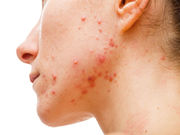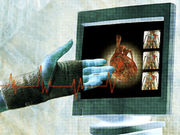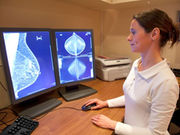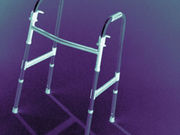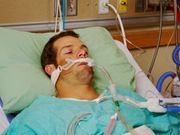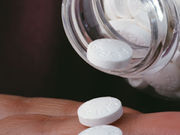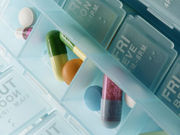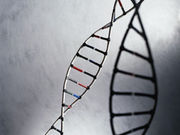Dark Chocolate Consumption Daily Can Exacerbate Acne
Findings in males with acne-prone skin; statistically significant changes seen as early as two weeks
Review: Interventions Can Cut Inappropriate Cardiac Imaging
Significantly reduced odds of inappropriate imaging with interventions using physician audit, feedback
Axillary pCR Linked to Improved Breast Cancer Survival
Very high survival for axillary pathologic complete response for women with HER2-positive disease
High Dose of Vitamin D Tied to Higher Risk of Falls in Elderly
No benefit on lower extremity function and increased risk of falls for higher monthly doses
Unrestricted Visiting Hours Up Satisfaction of Patients’ Families
Improved family satisfaction, nurses' perception of family satisfaction with unrestricted policy
Researchers Argue in Defense of the Annual Check-Up
Arguments against the time-honored practice are flawed, authors of new research paper say
Many Patients Using E-Mail As First Method of Provider Contact
Online communications reduced need for phone calls and office visits for many
ASCO: Aspirin Use Linked to Lower Risk of Lethal Prostate CA
Risk of prostate cancer mortality reduced with regular aspirin use after diagnosis
For HIV-Infected, Number of Daily Pills Decreasing
Reduction in number of daily pills from 2005 to 2012; only 50.9 percent on BID regimen in 2012
Researchers Calculate Family Risk Estimates for Cancer
Estimated 33 percent of overall risk is genetic; certain types of cancer have additional risk







